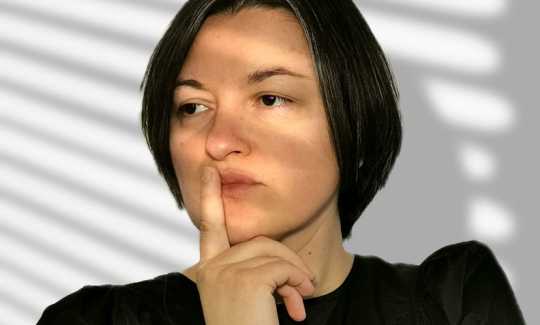|
Lidija Dokuzović is a versatile gem of Croatian tradition-rooted song, whether as singer with folk band Afion, leader of a vocal ensemble, as fishnet-stockinged rock-chick fronting the splendidly rousing Zykopops (inspired strapline ‘Even worse than turbofolk'), or here with her trio.
The majority of the material on their debut album is from Croatia, but some is from, or shared with, other traditions of the South Slavic area – Serbian, Kosovan, North Macedonian and Greek. Despite recent and less recent history, music recognises little in the way of borders.
Dokuzović and her Swedish partner Allan Skrobe met when both were mentors at the international Ethno music camps, and while they now live in the southern Swedish city of Malmö she hasn't lost touch with Croatia and its traditions, and returns often.
With her in the trio are Skrobe on guitar and mandola, and double-bassist Jesper Nordberg, and they make a beautifully balanced unit. Right from the start, even before Dokuzović's voice enters, it's clear that Nordberg is a very fine bassist, making big contributions. His plucking and bowing create melodic interpretations and impulses that have a cello-like fluency, but with the texture and resonance of the bass's big body and thick strings. His bowed lines are almost vocal in their grainy keening, for example in the intro and coda to the asymmetric rhythm of the North Macedonian “Uchi me majko, karaj me.”
Skrobe's guitar and Swedish mandola, stylistically varied, skilful and sympathetic, mesh perfectly with the bass, so the two of them create a very complete and satisfying environment for Dokuzović's voice, which floats above and within the instrumentation, poised, direct, clear and unaffected.
Skrobe's guitar part for “Zaspo Janko pod jablanom” (‘Janko fell asleep under the apple tree') has an autumnal, rippling feel that reminds one of Martin Simpson's with June Tabor in their version of Lal Waterson's “The Scarecrow.” The Serbian/Kosovan “Oj, golube, moj golube” (‘Oh dove, my dove') is stately and anthemic. “Vuprem joči vu to nebo visok” trickles and pauses before swinging into and out of a regular rhythm. “Komu majka bijeli kolač pečeš” has a winding, gently sad but loving feel, echoed in the closer, the love song “Snočka mi je drago.”
The minor-sounding Slavic modes of the songs give a prevailing feeling of reflection or sadness, but at the same time it's music to lift the heart with its cherishing warmth.
|
